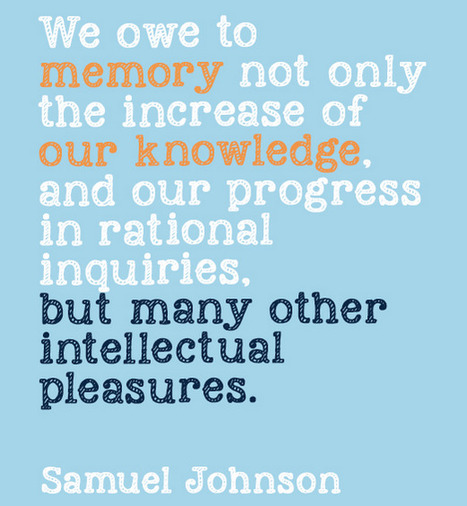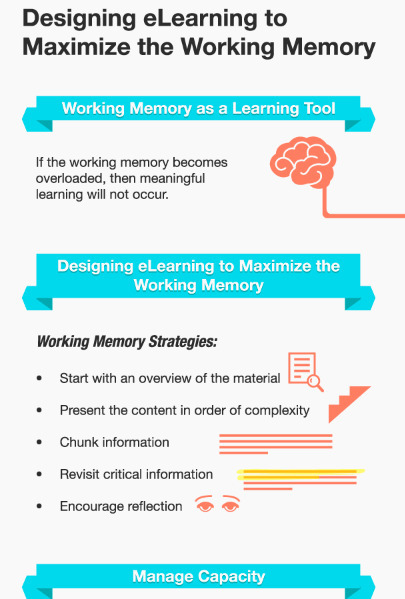"Which teaching strategy works best?" This is a question that many educators ask my colleagues at McREL. It's an earnest question, but it's a bit like walking into a gym full of workout equipment and asking a trainer, "So which exercise is best?" The answer, of course, depends on where you are in your fitness regime and what you're trying to accomplish."
Research and publish the best content.
Get Started for FREE
Sign up with Facebook Sign up with X
I don't have a Facebook or a X account
Already have an account: Login
Tech tools that assist all students to be independent learners & teachers to become better teachers
Curated by
Beth Dichter
 Your new post is loading... Your new post is loading...
 Your new post is loading... Your new post is loading...
|
Nancy Jones's curator insight,
July 23, 2014 1:58 PM
I am currently reading The Big Disconnect and find this an interesting connection. I have come to the conclusion that with all this technology and information, we really need to learn more about the brain and how it works to use technology and create learning opportunities that will best serve our students.

Mary Cunningham's curator insight,
October 13, 2013 12:05 PM
This is part of the post on infographics as well, but is interesting enough to have a link just in its own. |













Are you interested in learning more about how the brain works and how different teaching strategies may be best for specific situations? This post looks at:
* Short term memory
* Working memory
* Long term memory
The short version is that short term memory is what initially puts something in our memory, but it requires a hook of some sort. Research tells us that a positive learning environment and activities that bring on positive emotions help.
Working memory come next Information that is in short term memory must be moved quickly to working memory (or it tends to go poof!). When thinking of working memory you must also consider cognitive load.
Long term memory is the final step, but moving information from short term memory to long term memory takes time and repetition. It is best if the repetition is spaced out over time (so cramming the night before an exam is not the best way to remember information you will also need for a final exam weeks or months later).
This is great information not only for students but also for teachers (and families and friends).